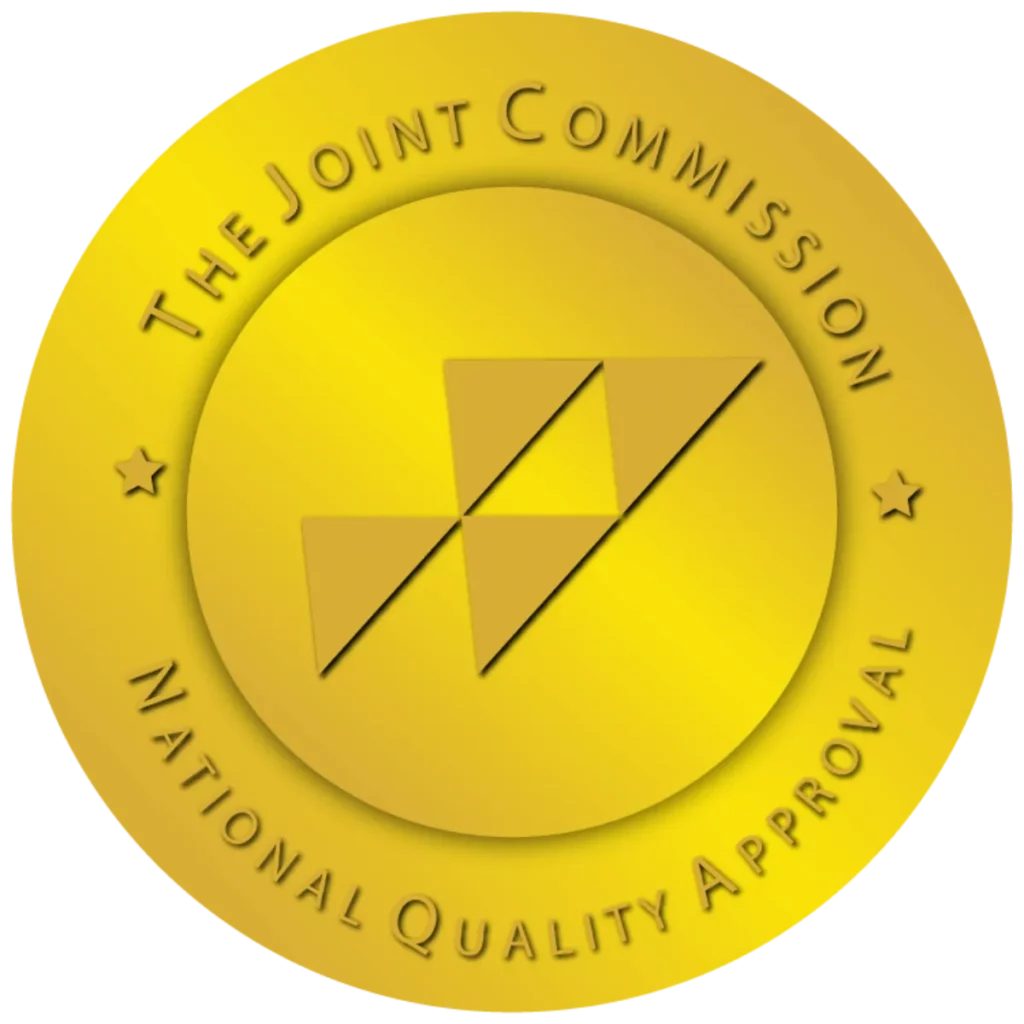On September 17, the Senate – in a rare moment of bipartisanship – passed a sweeping legislative package aimed at addressing the opioid epidemic. The vote passed 99 to 1 and combined proposals from five Senate committees and more than 70 senators. Called the Opioid Crisis Response Act of 2018, the legislation contains a number of important measures. However, critics say that it is mostly an election year ploy and won’t do nearly enough to make a dent in the opioid crisis.
The House version of this bill passed back in June, and the Senate’s is largely the same, although there are still some contentious points that need to be worked out. The House bill was focused on expanding access to treatment, encouraging the development of alternative pain treatments and curbing the flow of illicit drugs into the United States. Among the issues between the House and Senate that still need to be resolved is something called the “IMD exclusion” (institutions for mental disease), which prohibits Medicaid from paying for residential addiction treatment facilities with more than 16 beds. The House allowed an exclusion for mental health patients addicted to opioids, but the Senate would only allow drug-addicted pregnant and postpartum women.
The Act will create a grant program, through which “comprehensive opioid recovery” centers can better help people receive treatment by giving them access to other social services, such as job training and help finding housing. It allows the National Institutes of Health to fast-track research on opioid-free pain treatments. The Office of National Drug Control Policy, which coordinates funding and is in charge of developing drug control policies and advising the president on them, has been reauthorized. It was nearly eliminated last year when President Trump’s proposed budget would have cut its funding by 95 percent. The Department of Health and Human Services will be required to come up with guidelines for recovery and sober homes, which are currently not well regulated. The Food and Drug Administration will be allowed to require drug manufacturers to package certain opioids medications in blister packs and limit them to a three or seven day supply to prevent doctors from overprescribing them. $20 million will be authorized for states to come up with substance abuse prevention and treatment services for families who have children at risk of being put into foster care. Behavioral health providers who are practicing in areas with a shortage of addiction treatment specialists will be offered loan repayment programs.
While the bill has many lofty goals, some experts say that Congress has failed to properly allocate enough money to actually execute them. According to the Congressional Budget Office, the act would be revenue-neutral, meaning that overall tax revenue for the government won’t be affected. There is only $500 million authorized for annual use, and states will have to compete for grants.
If you or a loved one need help with quitting drugs or alcohol, consider Asana Recovery. We offer medical detox, along with both residential and outpatient programs, and you’ll be supervised by a highly trained staff of medical professionals, counselors, and therapists. Call us any time at (949) 438-4504 to get started.





